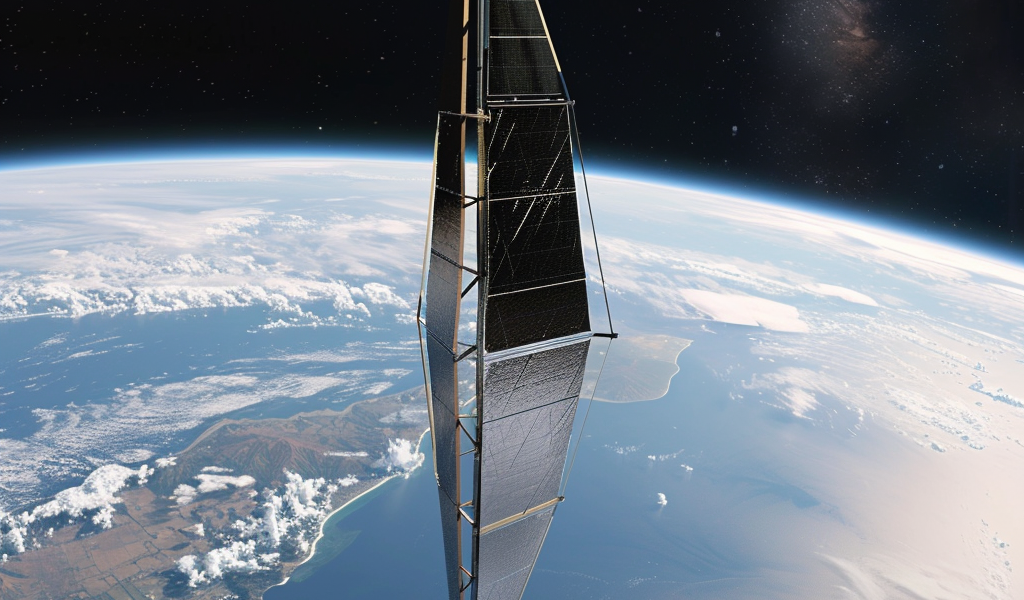The age of the solar sail is rapidly approaching as NASA launches its latest test of solar sail propulsion technology. The Advanced Composite Solar Sail System (ACS3) recently took off aboard a Rocket Lab Electron rocket from Launch Complex I in New Zealand. This system, consisting of a CubeSat and a solar sail, aims to revolutionize space travel.
The ACS3’s solar sail, made of a reflective polymer and held by a carbon fiber composite boom, was successfully deployed after reaching 600 miles above Earth. This innovative design addresses previous issues with metal booms warping in space’s extreme temperatures. With a sail area of 680 square feet, the ACS3 is set to demonstrate the potential of solar sail technology.
While the primary goal of the ACS3 is to adjust the spacecraft’s orbit using solar sail propulsion, the implications of this technology are vast. Solar sail-powered spacecraft offer several advantages over traditional rocket-propelled vehicles. By eliminating the need for engines and rocket fuel, these vessels can theoretically travel indefinitely, albeit at a slow but constant acceleration, eventually reaching remarkable speeds.
However, solar sails also present challenges, such as reduced effectiveness at greater distances from the sun and vulnerability to damage from space debris. Despite these drawbacks, the potential for cost-effective planetary missions using solar sails is promising.
A recent study proposed that a solar sail-powered probe could reach Mars in just 26 days, a significant improvement over conventional rocket-propelled missions that take several months. Additionally, projects like the Berkeley Low-cost Interplanetary Solar Sail (BLISS) envision fleets of solar sail-powered probes exploring near-Earth asteroids and comets, capturing high-resolution images of these celestial objects.
With the successful deployment of the ACS3 and ongoing research into solar sail technology, the future of space exploration is poised for a transformation. The possibilities offered by solar sails could revolutionize interplanetary travel and open up new avenues for scientific discovery in the cosmos.





